Explore Story Collections
Stories offer an individual narrative of a specific subject. They are the building blocks of Story Collections.
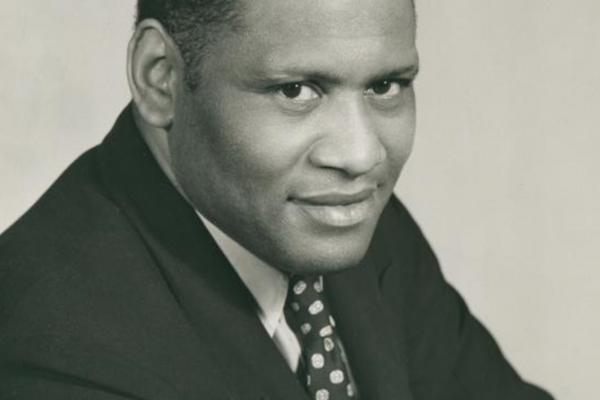
Three heroic Civil Rights icons—Paul Robeson, Malcolm X, and Dr. Martin Luther King Jr.—left formidable imprints on West Philadelphia. These biographies sketch out their lives and contributions, emphasizing their common ground as precursors to Black Lives Matter movement and the 1619 Project.
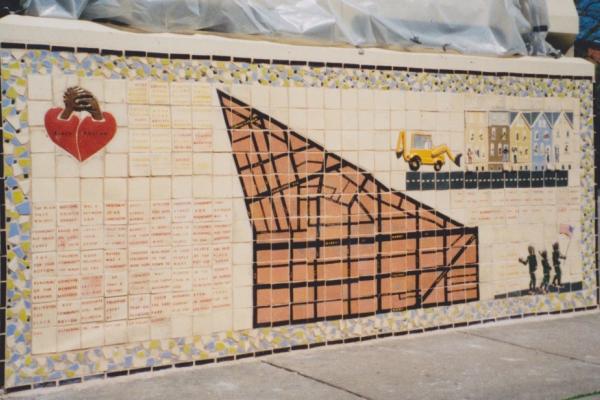
This story collection traces a sixty-year process of urban renewal on the site that once was the heart of West Philadelphia’s Black Bottom. Over this span of time, urban renewal on this site has been cyclic and replete with irony.
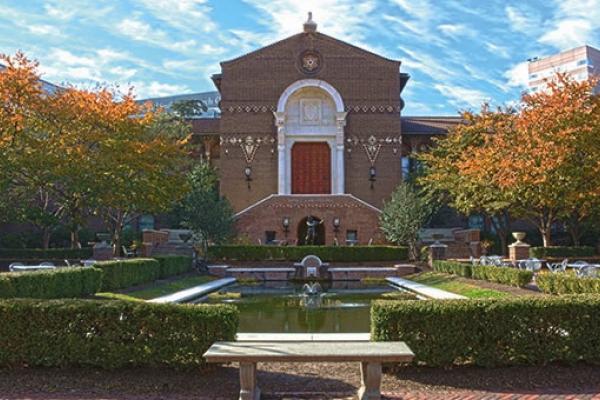
Students of anthropology at the University of Pennsylvania contribute articles about uses of land acquired from the Blockley Almshouse for scientific purposes at the turn of the twentieth century.
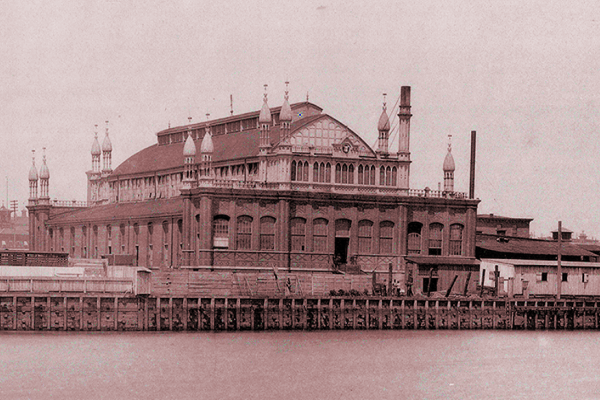
The last quarter of the nineteenth century saw the development of licensed centralized slaughterhouse operations on the west bank of the Schuylkill, both on and near the present site of Amtrak’s 30th St. Station.
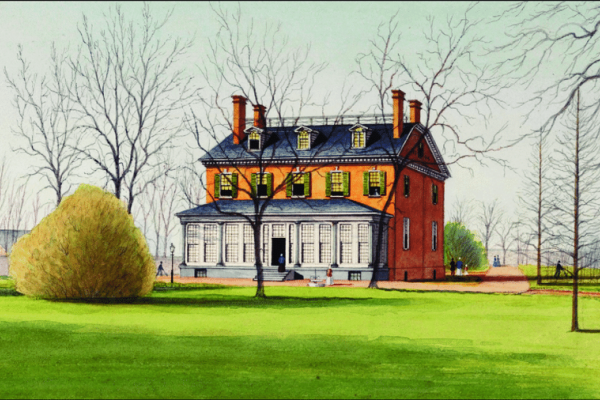
This story collection originated as “The History” component of the University of Pennsylvania Archives’ online West Philadelphia Community History Center, inaugurated in 2009 by Penn’s director of Archives, Mark Frazier Lloyd, and the Penn historian Walter Licht.
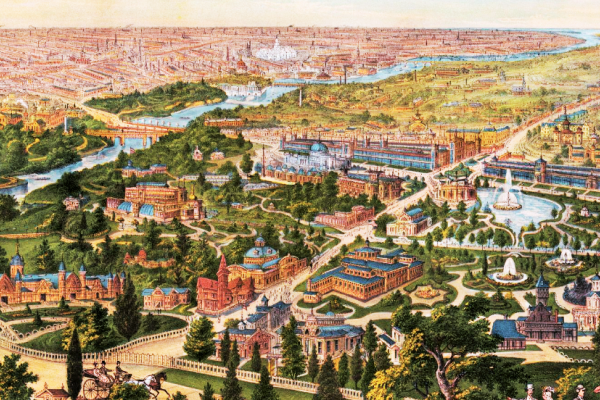
The Centennial Exposition of 1876, a world's fair of epic proportions constructed in West Fairmount Park, attracted almost 10 million visitors in the six months of its operation. The imprint of that event is still to be seen in parts of the park.
Historic trends in migration, immigration, housing, employment, education, income, and health are shown in maps and graphs drawn from the U.S. Census and other government documents.
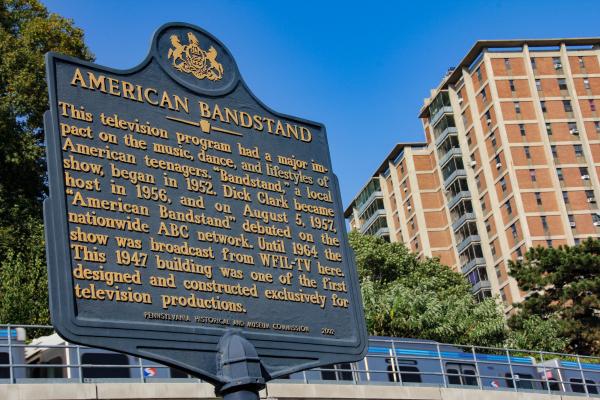
Dick Clark’s American Bandstand, a popular though controversial TV program targeted toward teenage consumers, marked Philadelphia as the national epicenter of pop music during its seven-year run at ABC’s affiliated WFIL-TV at 4548 Market St.
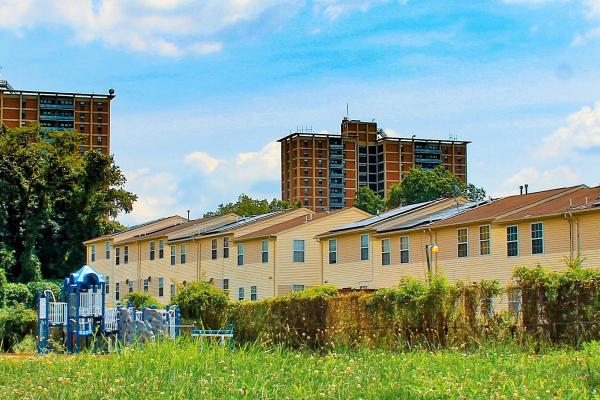
For three quarters of the past century, public housing has controversially served low-income residents of several West Philadelphia neighborhoods.
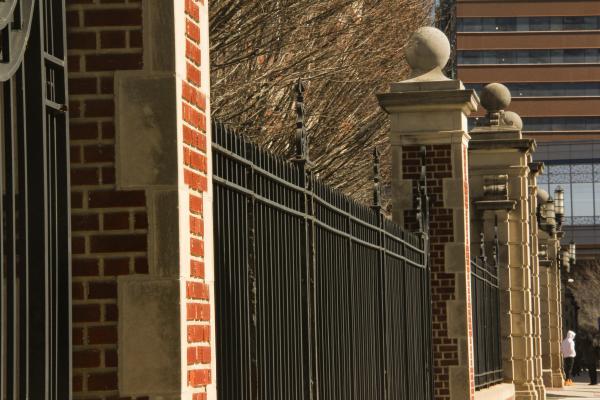
From 1834 to 1977, Philadelphia maintained its public hospital on the west bank of the Schuylkill River. The facility evolved from being a multipurpose almshouse to its single role as a full-service hospital.
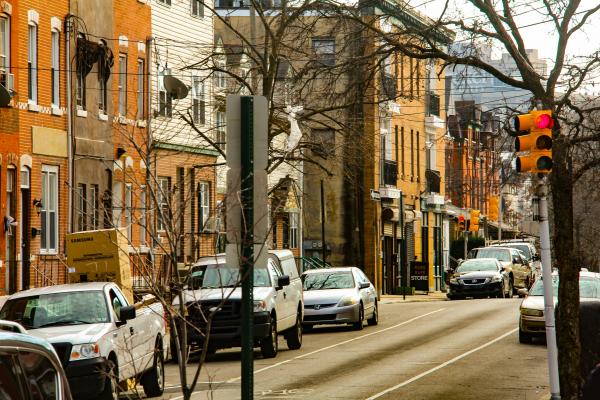
In the decades after World War II, Mantua was a poor majority-African American neighborhood in West Philadelphia’s northeastern section. In the 1980s, Mantua Against Drugs worked to halt the spread of crack cocaine in this neighborhood.
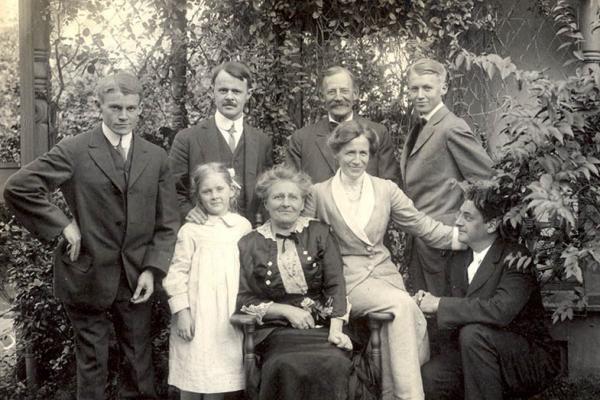
Hannah Kent Schoff, a resident of Powelton for some 60 years, is known for her leadership of the campaign to establish a juvenile court system in Philadelphia; and for her leadership role in establishing the Parent Teacher Association (PTA) as a national organization with state affiliates.